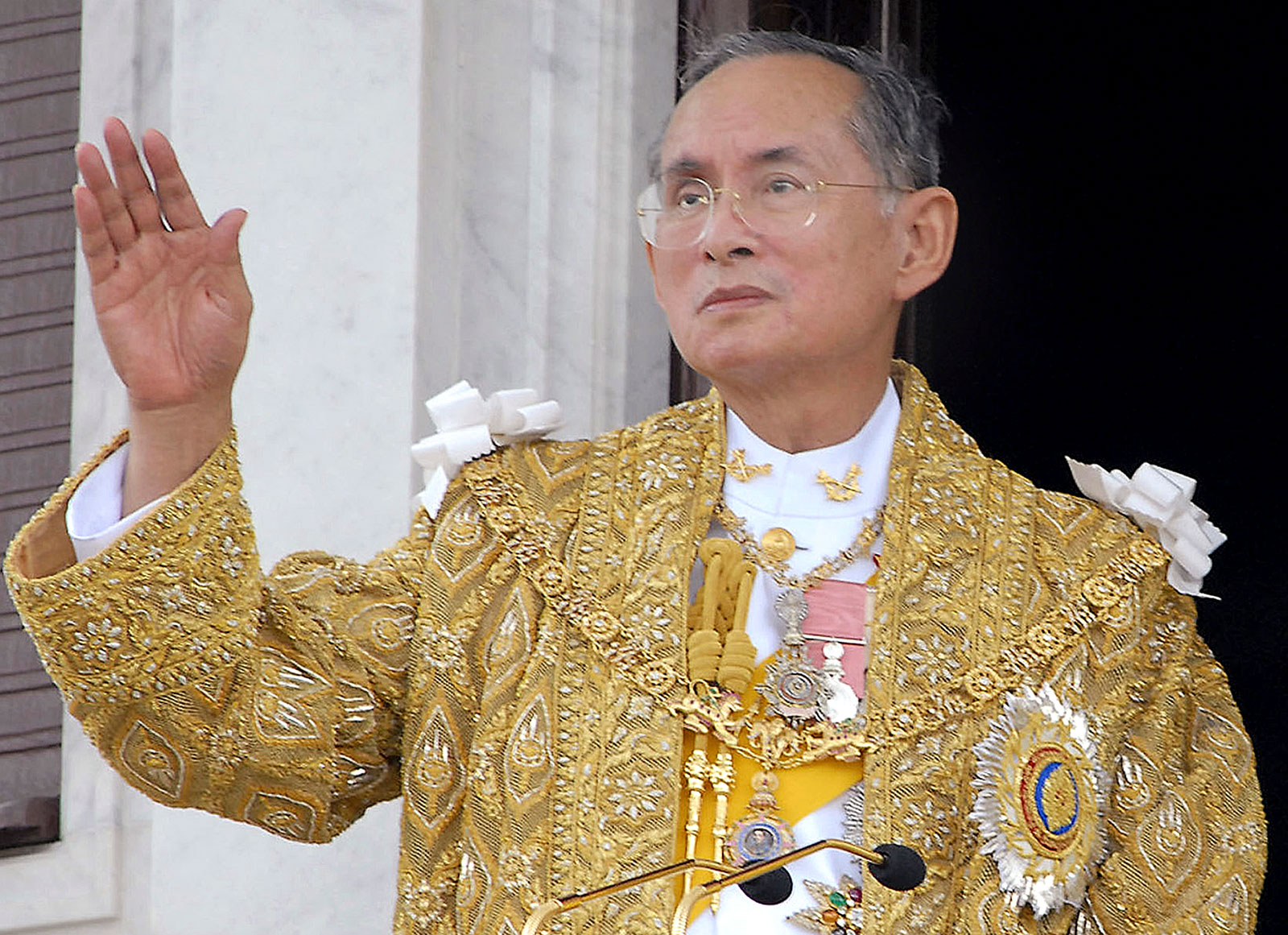Thailand has designed an economic theory of development envisioned by the late King Bhumibol Adulyadej to modernize the country
Thailand is one of the countries that has benefited most from economic development since the 1990s, but the foundations of this development can also be traced back to the Sufficiency Economy Philosophy (SEP) conceived by King Bhumibol Adulyadej. Over the past three decades, the king has always spurred his people towards a gradual and balanced approach to development, that is, towards an economy of sufficiency that could guarantee basic needs for everyone without blindly pursuing economic growth as an end in itself. After the 1997 economic crisis, the king revised the SEP, to be interpreted also as a path through which to guarantee economic recovery and build a more resilient and sustainable development, able to face the challenges deriving from globalization. In 1999, the National Economic and Social Development Board gave the following definition of SEP: National Economic and Social Development Board ha dato la seguente definizione della SEP:
"Sufficiency Economy" is a philosophy that stresses the middle path as an overriding principle for appropriate conduct by the populace at all levels. This applies to conduct starting from the level of the families, communities, as well as the level of a nation in development and administration to modernize in line with the forces of globalization… Sufficiency means moderation, reasonableness, and the need for a self-immunity mechanism for sufficient protection from impact arising from internal and external changes… In addition, a way of life-based on patience, perseverance, diligence, wisdom and prudence is indispensable to create balance and be able to cope appropriately with critical challenges arising from extensive and rapid socioeconomic, environmental, and cultural changes in the world.
SEP is a guiding principle to be applied at all levels, from the single individual to relations between states and the natural world. In the long run, it aims to build a socially balanced Thailand capable of responding to rapid and extensive changes in society, in the environment and in culture due to globalization. To achieve this result, SEP implies acting with moderation and reasonableness, seeking knowledge and morality in proposing and implementing development projects.
The most practical example of SEP implementation is in the proper management of land and water resources. This new approach to agriculture is commonly known in Thailand as New Theory Agriculture, which is based precisely on sustainable agriculture that guarantees self-sufficiency for rural families and a life in harmony with nature. The New Theory is divided into three phases: 1) sufficiency at the family level, 2) sufficiency at the community level, 3) sufficiency at the national level. In practice, it is a matter of guaranteeing access to food and increasing the income of rural families; increasing cooperation between farmers within the community and the creation of a social safety net within it; finally, reaching national sufficiency thanks to corporate social responsibility towards rural communities and the support of the public sector which facilitates trust between rural actors through institutional agreements.
In 2003, the NESDB launched a movement in favour of SEP to make it better known within and outside the country. Authorities hope that a better understanding of the concept among people will lead to a wider recognition of SEP, its greater application on a larger scale and potentially even its possible expansion outside the country. The movement also plans to create a network to facilitate understanding about SEP in all sectors and at all levels of society. It is composed of four distinct implementation programs: 1) development and coordination of the learning network, 2) creation of new knowledge through study and research, 3) production of new curricula and review of the learning process, 4) dissemination of information and knowledge to the public.
The purpose of establishing this propaganda movement in favour of SEP is to allow Thailand to pursue balanced and sustainable development in the globalized world. The promoters are aware that the theory will help build and develop solid foundations for society and improve the ability to adapt to any internal or external change and shock. Ultimately, the ultimate goal is to achieve the welfare of the Thai people as a whole.






